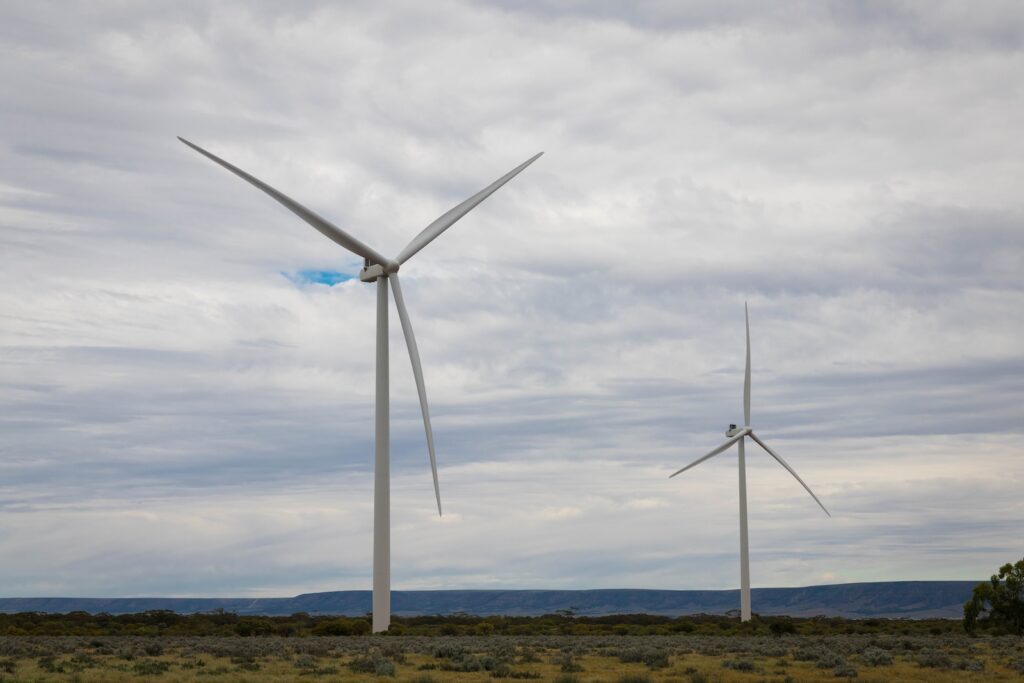Industrial Ecology: What is it?

Industrial ecology is a systems approach to manufacturing that aims to minimize the environmental impact of industrial processes. It is based on the principle that industrial systems should be designed and operated in a way that mimics the natural world, where there is little to no waste.
Industrial ecology can be applied to all aspects of manufacturing, from the extraction of raw materials to the disposal of waste products. Some of the key principles of industrial ecology include:
- Material efficiency: Using materials efficiently and reducing waste.
- Product life cycle analysis: Considering the environmental impacts of a product throughout its entire life cycle, from extraction to disposal.
- Industrial symbiosis: Facilitating the exchange of materials and energy between different industries.
- Closed-loop systems: Designing industrial systems that are closed-loop, meaning that there is little to no waste.
"By reducing waste and using resources more efficiently, businesses can save money and improve their environmental performance.

Industrial ecology has a number of benefits for businesses and the environment. By reducing waste and using resources more efficiently, businesses can save money and improve their environmental performance. Industrial ecology can also help to reduce pollution and conserve natural resources.
Here are some examples of how it can be applied in practice:
- Using recycled materials: Businesses can use recycled materials in their manufacturing processes to reduce the amount of virgin raw materials that they need to extract.
- Designing for energy efficiency: Businesses can design their products and processes to be more energy efficient, which can help to reduce greenhouse gas emissions and save money on energy costs.
- Using renewable energy sources: Businesses can use renewable energy sources, such as solar and wind power, to power their operations.
- Developing industrial symbiosis relationships: Businesses can develop industrial symbiosis relationships with other businesses in their region to exchange materials and energy.
- Designing closed-loop systems: Businesses can design their industrial systems to be closed-loop, meaning that there is little to no waste.
Industrial ecology is an important tool for creating a more sustainable future. By applying industrial ecology principles to manufacturing. We can reduce the environmental impact of our products and processes and create a healthier world for ourselves and future generations.
